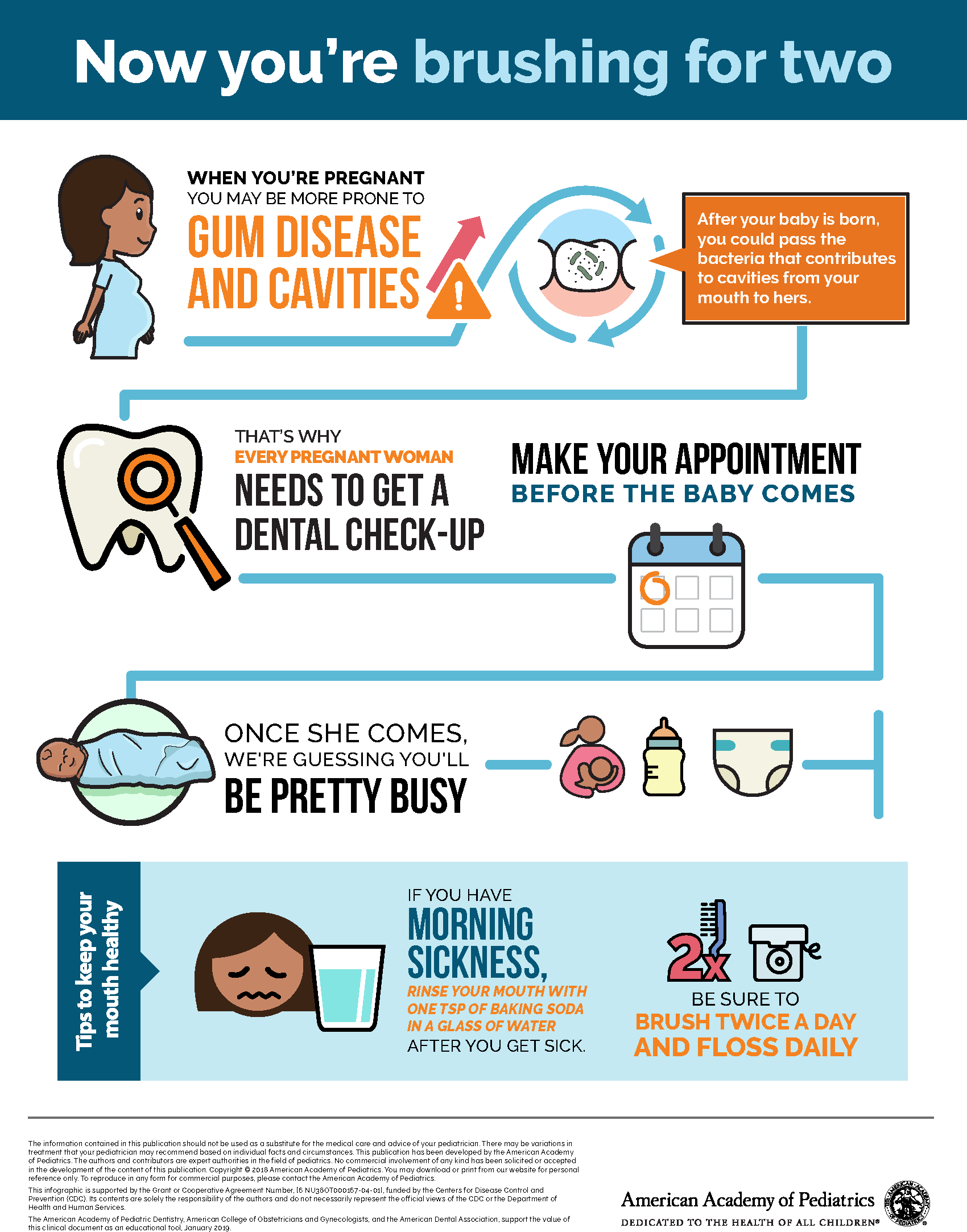Pregnancy And Oral Health: Myths Vs. Facts
Pregnancy is a significant life event that brings numerous physical and emotional changes. While expecting mothers are advised to prioritize their overall health, there is a crucial aspect often overlooked: oral health. Myths and misconceptions surrounding dental care during pregnancy can lead to neglect, compromising the health and well-being of both the mother and the baby. In this article, we will debunk common myths and provide facts about pregnancy and oral health.
Myth 1: Pregnancy increases the risk of tooth decay
Fact: Research suggests that pregnancy does not inherently increase the risk of tooth decay. However, common oral health habits like frequent snacking and sugary cravings during pregnancy can contribute to tooth decay if good oral hygiene practices are not maintained.
Myth 2: Hormonal changes during pregnancy lead to tooth loss
Fact: Hormonal fluctuations during pregnancy do not increase the risk of tooth loss. However, gum inflammation and bleeding (gingivitis) may occur due to hormonal changes, making regular dental check-ups essential to detect and treat any oral health issues.
Myth 3: Pregnancy is a high-risk period for pregnancy-related complications
Fact: Pregnant women are more prone to develop gingivitis and other dental problems due to hormonal changes. Untreated gum disease has been linked to an increased risk of preterm labor, low birth weight, and preeclampsia.
Myth 4: Antibiotic mouthwash is safe during pregnancy
Fact: Many mouthwashes contain antiseptic and antibiotic ingredients, which may not be suitable for pregnant women. Always consult with a healthcare professional or dentist before using any oral products during pregnancy.
Myth 5: Brushing and flossing regularly is not necessary during pregnancy

Fact: Brushing and flossing are more crucial during pregnancy to prevent gum disease and maintain overall oral health. Pregnant women should aim for at least two times daily brushing and once daily flossing.
Myth 6: Dental treatments pose a risk to the developing fetus
Fact: Scientific evidence suggests that dental treatments do not pose a significant risk to the fetus. However, it is essential to inform the dentist about the pregnancy to adopt precautions and ensure a safe treatment experience.
Myth 7: Pregnancy-related oral health issues only affect the mother
Fact: Poor oral health during pregnancy can also affect the baby. Research has linked gum disease to an increased risk of infant oral health issues, such as tooth decay and gum disease.

Conclusion
Pregnancy and oral health are intricately linked, and it is vital to separate myth from fact. By understanding the facts, pregnant women can maintain good oral health, reducing the risk of complications and ensuring a healthy pregnancy and birth outcome. Regular dental check-ups, good oral hygiene practices, and a balanced diet can help alleviate concerns and promote a healthy smile for both mother and baby.




